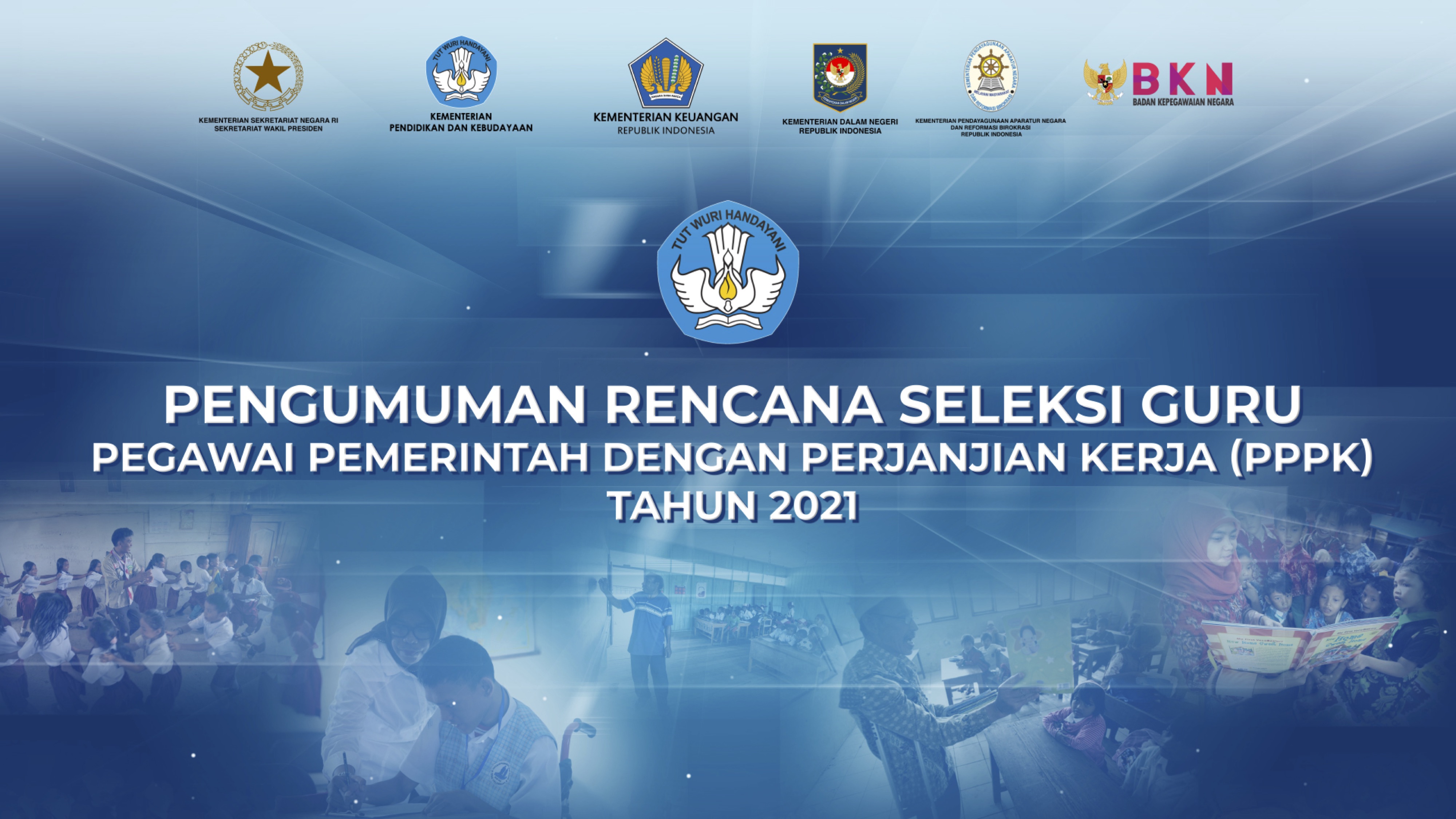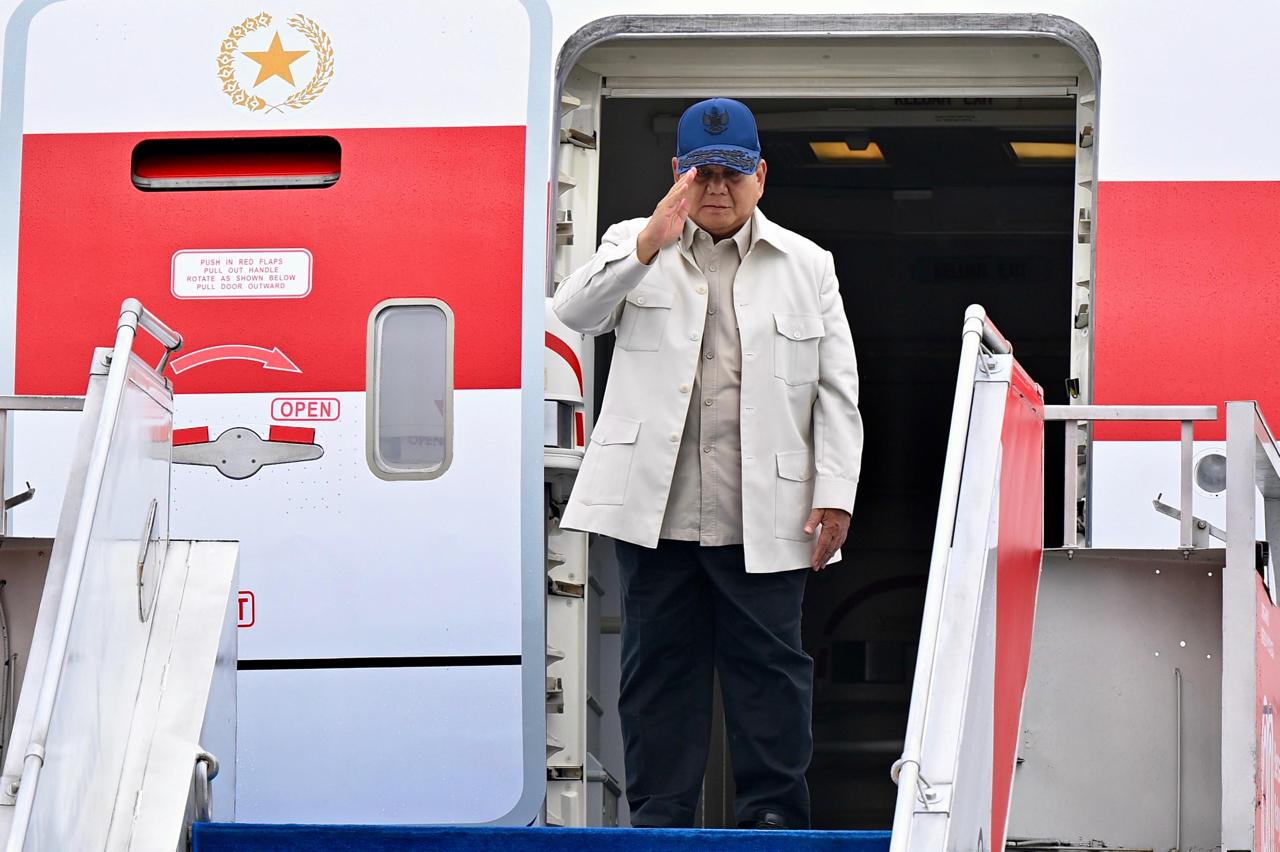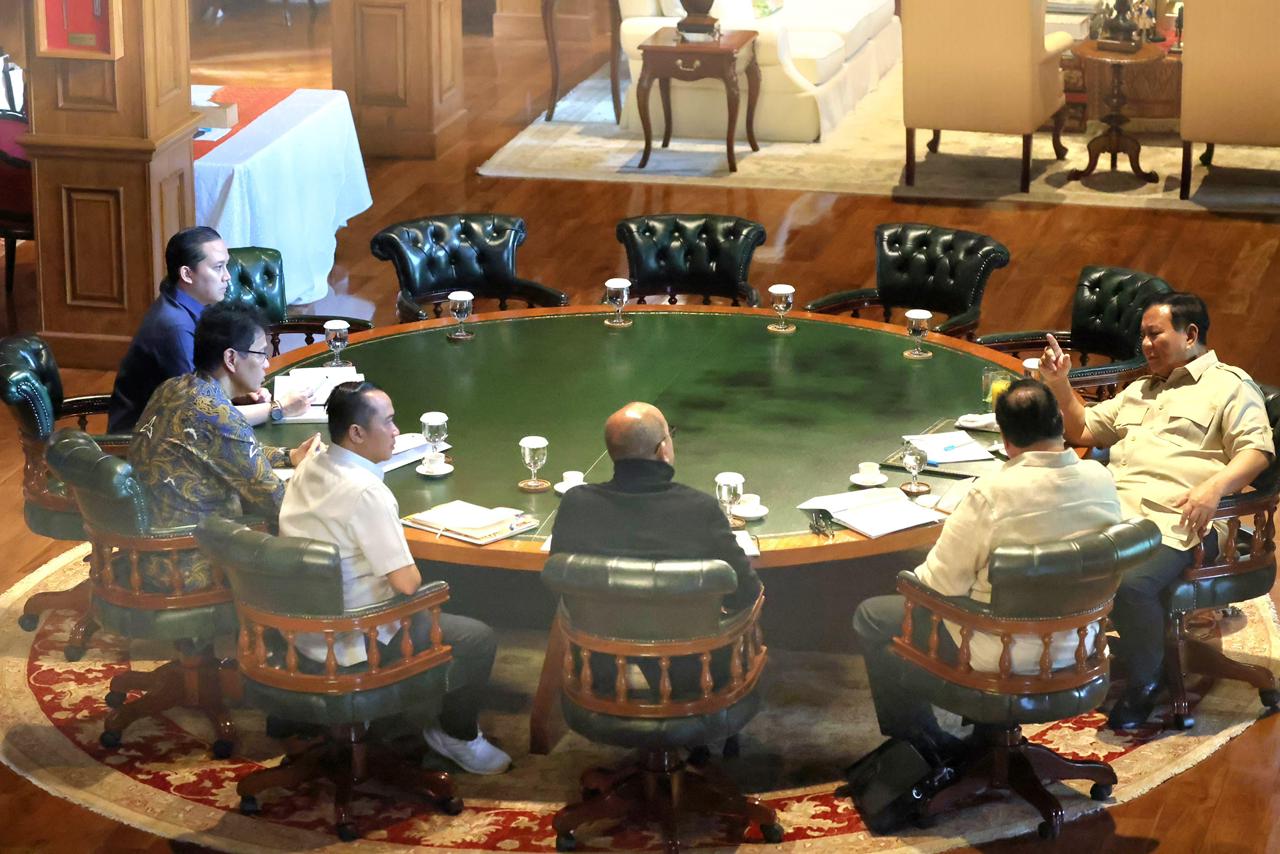Gov’t Opens Opportunity for Non-Tenured Teachers to Become PPPK Teachers

Source: kemdikbud.go.id
The Government has announced it will open opportunity for non-tenured teachers, including category 2 non-tenured teachers, to register and take the selection exam to become Contract-based Government Employees (PPPK) teachers next year.
The selection is open to non-tenured teachers registered in the Basic Education Data (Dapodik) as well as the Teacher Professional Education (PPG) Program graduates who are not currently teaching.
The Government, Vice President Ma’ruf Amin said, makes the development of superior human resources as a national top priority. “Even though the task of teaching is the duty of all members of society, teachers have a very important role in producing superior human resources. For that reason, we need an adequate number of educators with high competence” he said at the announcement of the PPPK selection, virtually, Monday (23/11).
In accordance with Law Number 5 of 2014 on State Civil Apparatus (ASN), ASN consists of Civil Servants (PNS) and the PPPK. The PPPK teachers are non-PNS teachers who are appointed based on a work agreement for a certain period of time in order to carry out teaching duties.
Based on the Dapodik, Ministry of Education and Culture has calculated that the need for teachers in public schools, apart from those with civil servant status who are currently teaching, reaches one million teachers. However, the number of ASN teachers available in public schools is only 60 percent of the number needed. For the last four years, this number has continued to decline by six percent each year while the increase in the number of ASN teachers is only about two percent each year. This results in a lack of optimal service to students.
The Government, Vice President further said, learned that the unclear status of non-tenured teachers is detrimental to them. “Today, we witness the announcement of an objective and open PPPK selection plan in order to meet the needs for teachers. This is the start of an effort to resolve the status of non-tenured teachers,” he said.
Echoing the Vice President’s statement, Minister of Education and Culture Nadiem Anwar Makarim said that the selection is an effort by the state to provide fair opportunities for competent non-tenured teachers to have a decent income.
There are at least five breakthroughs in the PPPK teacher selection mechanism set by the Central Government, as follows.
First, the number of PPPK teachers this time is up to one million teachers. “In previous years, many of our non-tenured teachers had to wait and queue to prove themselves. In 2021, all non-tenured teachers and the PPG Program graduates can register and take part in the selection,” Nadiem said.
However, the Minister stated that only those who are qualified will pass the selection.
Second, if previously each applicant was only given the opportunity of one selection examination per year, now, each applicant can take the examination up to three times. “If you fail the first opportunity, you can study and re-take the exam up to two more times in the same year or the following year,” he said.
Third, the Government will provide online learning materials that can be accessed by all participants. “There will be (learning) materials to help non-tenured teachers prepare themselves prior to the exam.
The standard of this selection examination will be carefully determined to ensure the quality of our children’s learning (process),” he said.
Fourth, the Central Government will ensure the availability of budgets for salaries of all participants who pass the PPPK teacher selection for next year, while previously the budgets were provided by the regional governments.
Minister of Finance Sri Mulyani Indrawati said that the Government has set aside the budgets in the State Budget. “From the State Budget, it will be transferred through a general transfer mechanism to the regional budgets,” the Minister said.
The Minister also expressed hope that the regional governments can immediately propose the needs for PPPK teachers in their respective regions. “The Ministry will continue to follow this process. How many will take the exam and how many will be determined. That way, a budget will be determined to be transferred to the regions through general transfers to pay the salaries of PPPK teachers,” she said.
Fifth, costs for administering the exam will be borne by Ministry of Education and Culture, while previously the costs were borne by the regional governments.
Further information on the registration and selection process will be announced by the national selection committee in January 2021. (PR of Ministry of Education and Culture/UN) (FI/MUR)








